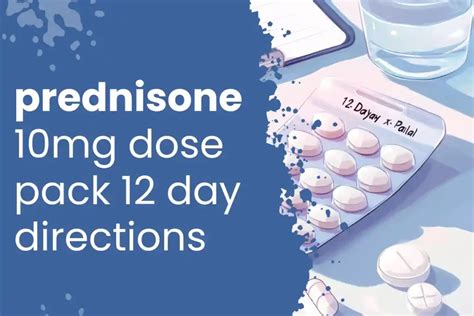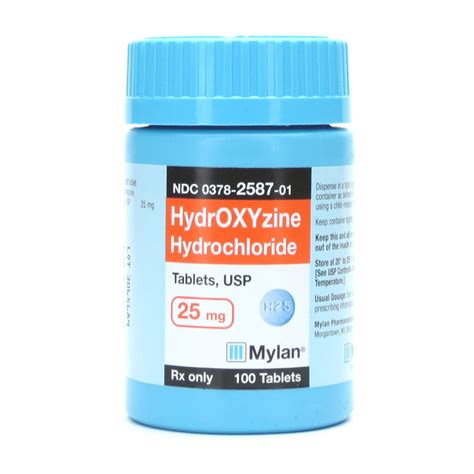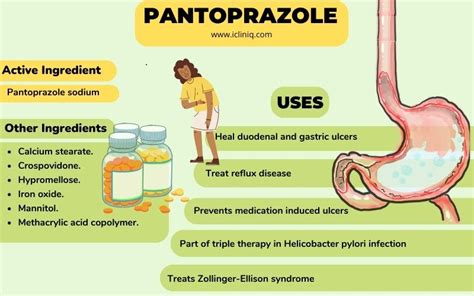What's Gastric Bypass Recovery Like? A Smooth Transition
The journey to achieving significant weight loss through gastric bypass surgery is a monumental step for many individuals struggling with obesity. While the decision to undergo surgery is a personal and often challenging one, understanding what to expect during the recovery process can significantly impact one’s preparation and overall success. Gastric bypass recovery, like the surgery itself, is a highly individualized process that varies from person to person, influenced by factors such as overall health, the presence of any comorbid conditions, and adherence to post-operative instructions. However, there are common stages and experiences that many patients can anticipate as they navigate their path to recovery and a healthier lifestyle.
Immediate Post-Surgery Phase
The immediate aftermath of gastric bypass surgery is typically spent in the hospital, where patients are closely monitored for any potential complications. This period, often lasting a few days, is crucial for initiating the healing process and ensuring that the patient can manage their condition safely at home. Patients usually experience some level of discomfort, which can include nausea, vomiting, and abdominal pain, all of which are managed with medication. The surgical team plays a vital role in this phase, not only in terms of medical care but also in providing emotional support and guidance on what to expect in the coming weeks.
Dietary Adjustments
One of the most significant challenges during gastric bypass recovery is adapting to a radically new diet. Immediately after surgery, patients are restricted to a liquid diet, gradually progressing to pureed foods, and eventually, solid foods. This transition must be done carefully to avoid discomfort, nutritional deficiencies, and complications such as bowel obstruction or staple line leakage. The dietary adjustment is not just about what can be eaten but also about how to eat, with patients needing to learn to chew slowly, eat smaller portions, and avoid certain foods that could cause discomfort or harm.Nutritional counseling is a critical component of the recovery process, helping patients understand their new dietary needs and how to make healthy choices.
Lifestyle Changes
Gastric bypass surgery is not just a medical procedure but also a catalyst for profound lifestyle changes. Beyond dietary adjustments, patients are encouraged to incorporate physical activity into their daily routine. Starting with short walks and gradually increasing intensity and duration, exercise plays a dual role in enhancing the recovery process and contributing to long-term weight loss and overall health. Furthermore, patients may need to address other habits, such as smoking and alcohol consumption, which can negatively impact their recovery and health outcomes. The support of family, friends, and sometimes professional counselors can be invaluable in navigating these changes.
Follow-Up Care and Support
Regular follow-up appointments with the surgical team are essential for monitoring the patient’s progress, addressing any concerns or complications, and providing ongoing guidance. These visits also offer an opportunity for patients to discuss their emotional and psychological well-being, as the journey to weight loss can be emotionally challenging. Many patients find support groups to be highly beneficial, providing a community where they can share experiences, receive advice, and find motivation from others who are going through similar journeys.
Potential Complications and Considerations
While gastric bypass surgery is generally safe, as with any surgical procedure, there are potential risks and complications. These can include infection, bowel obstruction, malnutrition, and in some cases, the need for additional surgery. Patients must be vigilant about their health, recognizing the signs of complications and seeking medical attention promptly if they experience severe abdominal pain, vomiting, fever, or other concerning symptoms. Additionally, the psychological impact of significant weight loss should not be underestimated, with some patients experiencing body dysmorphia, depression, or anxiety. A comprehensive support system, including mental health professionals, can help patients navigate these challenges.
Long-Term Outcomes and Success
For many patients, gastric bypass surgery marks the beginning of a successful journey towards significant weight loss and improved health. With diligent adherence to post-operative instructions, a commitment to lifestyle changes, and ongoing support, patients can achieve substantial reductions in weight, improvements in obesity-related conditions such as diabetes and hypertension, and enhancements in their overall quality of life. The journey is not without its challenges, but for those who approach it with dedication and an open mind, the rewards can be transformative.
FAQ Section
What are the most common complications after gastric bypass surgery?
+The most common complications include infection, bowel obstruction, and malnutrition. It's crucial for patients to recognize the signs of these complications, such as severe abdominal pain, vomiting, or fever, and seek medical attention promptly.
How long does it take to recover from gastric bypass surgery?
+Recovery times can vary, but most patients can return to their normal activities within 3 to 5 weeks after surgery. Full recovery and the ability to eat solid foods without discomfort may take several months.
What kind of support is available for patients after gastric bypass surgery?
+Patient support can come from various sources, including follow-up appointments with the surgical team, support groups, nutritional counseling, and mental health professionals. These resources help patients navigate dietary changes, lifestyle adjustments, and emotional challenges.
How much weight can I expect to lose after gastric bypass surgery?
+Weight loss varies among individuals, but on average, patients can expect to lose 60-80% of their excess weight within the first year after surgery. Long-term weight loss success depends on adherence to dietary and lifestyle changes.
Are there any long-term risks or side effects of gastric bypass surgery?
+While generally safe, gastric bypass surgery can have long-term risks, including malnutrition, osteoporosis, and the potential need for future surgeries. Regular follow-up care and adherence to nutritional guidelines are crucial for mitigating these risks.
In conclusion, gastric bypass recovery is a multifaceted journey that involves not just physical healing but also profound lifestyle adjustments. With the right mindset, support, and guidance, patients can navigate this process successfully, achieving significant weight loss and improvements in their overall health and well-being. As with any major life change, patience, dedication, and a willingness to adapt are key to a smooth and successful transition.



